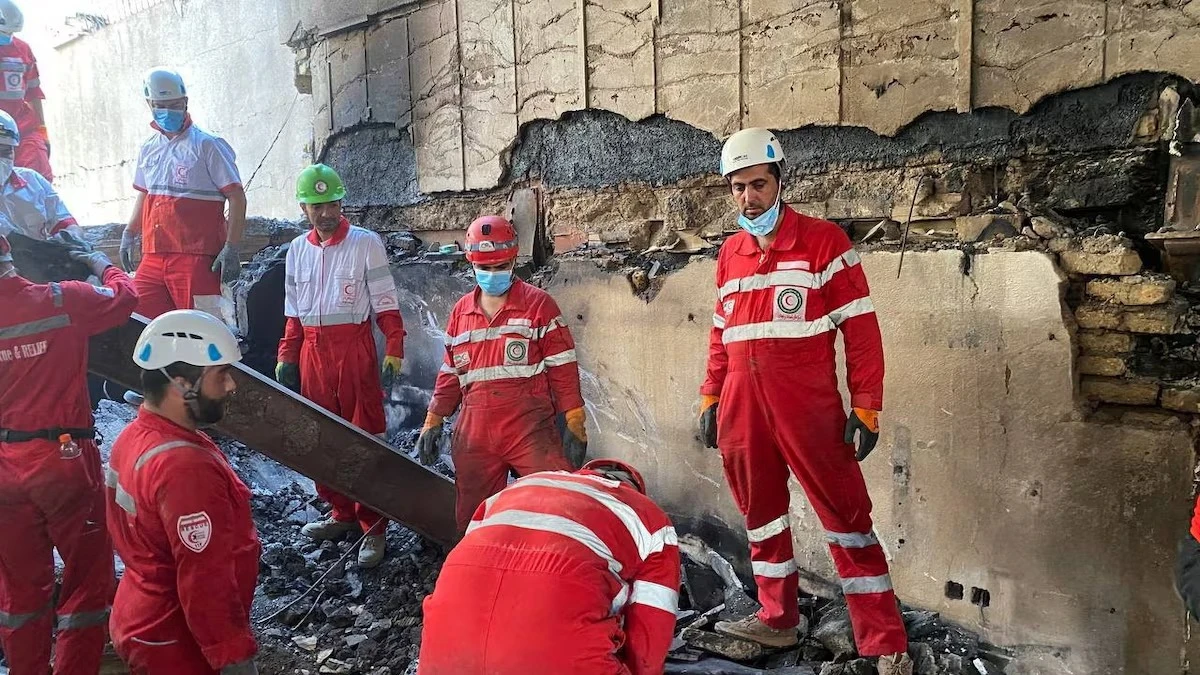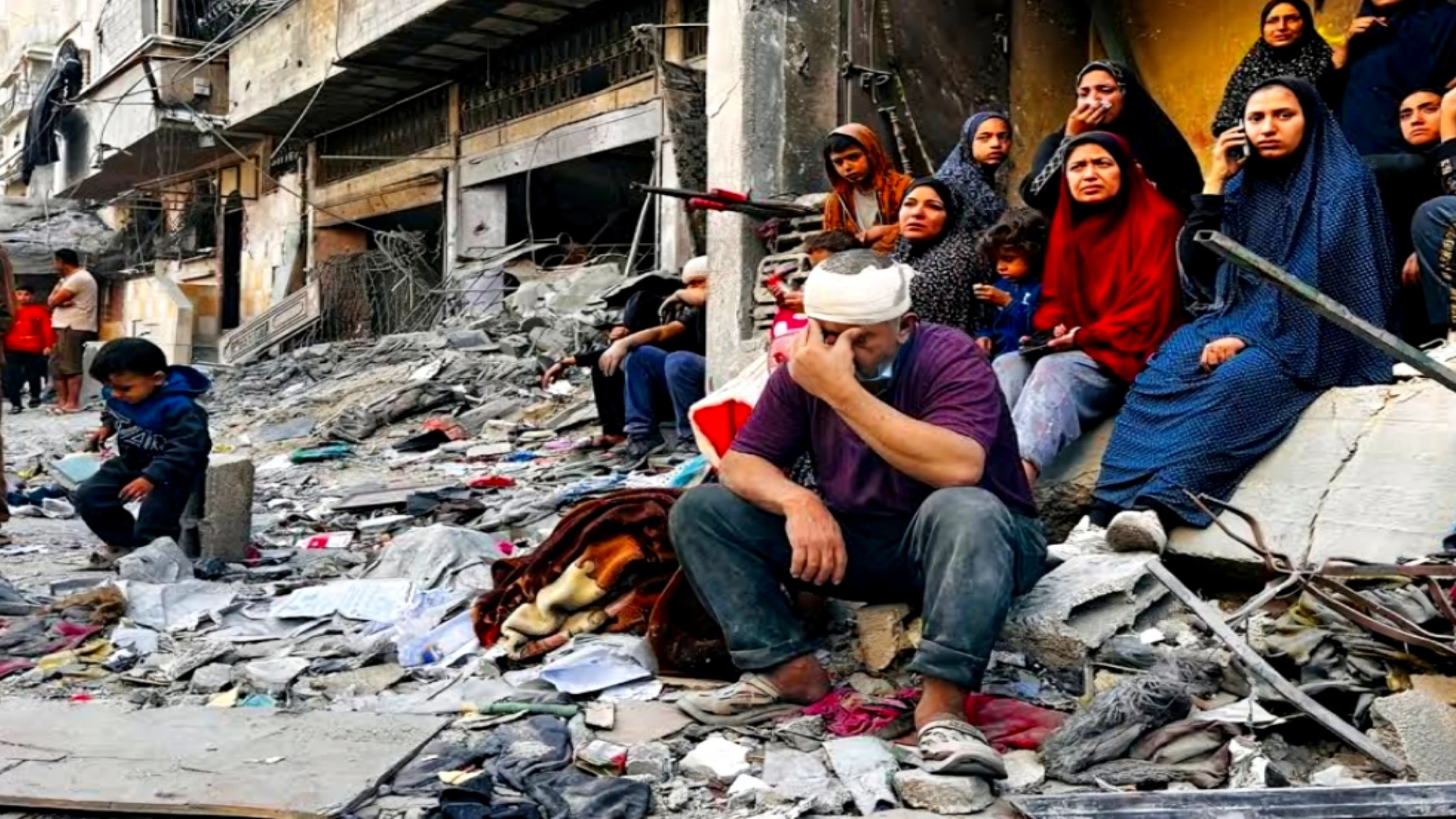Tel Aviv: Israeli Prime Minister Benjamin Netanyahu’s announcement of an imminent ground offensive into Gaza has sparked intense criticism both at home and abroad, with concerns mounting over the humanitarian toll and political motives behind the military campaign.
According to Netanyahu, the Israeli army will “enter and hold” parts of Gaza in a new phase of the conflict aimed at defeating Hamas and retrieving remaining hostages. However, analysts warn the operation may deepen internal divisions, escalate Palestinian suffering, and further isolate Israel on the world stage.
Brigadier-General Effie Defrin, a spokesperson for the Israel Defense Forces (IDF), framed the plan as a military effort to dismantle Hamas and pressure the group into surrendering. Yet critics argue that the approach—especially the plan to push over two million Gazans into a narrow, devastated section of southern Gaza—amounts to collective punishment.
The Israeli government has floated the idea of distributing humanitarian aid via private contractors, including American firms, but United Nations agencies have refused to participate, condemning the plan as incompatible with international humanitarian standards.
Israel’s blockade of Gaza, now entering its third month, has been widely criticized for deliberately starving the population, including one million children. The UK, France, and Germany—all of whom recognize Hamas as a terrorist group—have warned that the siege risks violating international law. They have jointly insisted that humanitarian aid must not be used as leverage and that Palestinian land must not be subject to demographic manipulation.
Despite this, Israeli Finance Minister Bezalel Smotrich has openly stated his belief that Gaza should be "totally destroyed" within six months and that Palestinians should be forced to relocate permanently—language that critics argue mirrors historic calls for ethnic transfer.
Inside Israel, the political divide is growing. Many citizens, including military reservists, are refusing to serve, accusing Netanyahu of prolonging the war to protect his fragile coalition rather than to secure national interests. Families of the remaining hostages—24 believed to be alive and 35 deceased—have condemned the government's strategy, noting that the largest releases occurred during ceasefires, not through military pressure.
The most recent ceasefire deal, brokered by Donald Trump during his final days in office, had outlined a phased release of all hostages and a complete Israeli withdrawal. Netanyahu’s far-right allies rejected this, threatening to collapse the government if he proceeded.
As the humanitarian crisis worsens, the International Court of Justice is closely monitoring Israeli actions for potential breaches of international law, particularly in light of allegations of genocide. Statements from Israeli ministers have become evidence in the ongoing legal scrutiny, especially those indicating that starvation and displacement are being used as tools of war.
According to the Biden administration before its departure in January 2025, Israel’s continued military actions have only replenished Hamas’ ranks, turning Gaza into a breeding ground for insurgency rather than dismantling it. U.S. Secretary of State Antony Blinken acknowledged that Hamas had recruited nearly as many new fighters as it had lost—signaling a war with no clear endpoint.
With over 2,500 Palestinians killed since mid-March, including large numbers of civilians, Netanyahu’s planned offensive threatens to deepen Israel’s internal rifts and further erode its global standing. Critics say without a negotiated ceasefire, the strategy risks perpetuating a cycle of violence that leaves both Israelis and Palestinians in an ever-worsening state of insecurity and despair.








